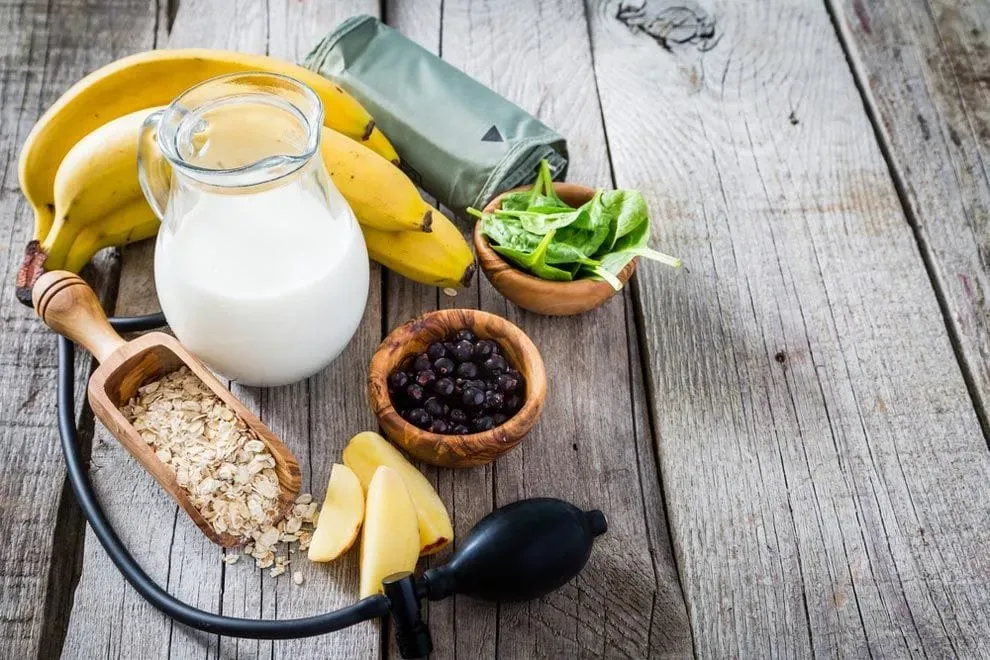
Decaf Dilemma: Sorting Fact from Fear
- Apr 14, 2024
Everybody knows someone who can't start the day without a robust cup of coffee. For various reasons, many are told to switch from regular to decaf coffee. But what happens if that healthy alternative you confidently sip in the morning eventually exposes you to a potentially harmful element? That’s right, buckle in caffeine-free coffee aficionados - it’s time for a caffeinated reality check.
Environmental health groups are raising red flags over decaf coffee. The culprit? Methylene chloride - a chemical used in the 'European Method' of decaffeinating coffee. Alarmingly linked with increased risk of certain cancers, this chemical is at the heart of several petitions urging the U.S. Food and Drug Administration (FDA) to enforce its ban.
Jaclyn Bowen, the go-getter behind the Clean Label Project, encapsulates the concern: “It should ring alarm bells for everyone that there are pregnant women and people with health conditions unknowingly consuming methylene chloride in their decaf brews.”
Here’s another gut punch: Tests by the Clean Label Project discovered residue of said chemical in 7 of 17 brands of decaf coffee tested. In their defence, however, the National Coffee Association (NCA) states that levels of methylene chloride found in most samples were comparatively low, well below the FDA's safe limit.
Now, let’s pause and address the java elephant in the room. What is Methylene Chloride?
Typically used in industrial processes like paint stripping, metal cleaning, and pharmaceutical manufacturing, this chemical’s most common exposure forms are inhalation and skin contact, and long-term exposure to it has been predicted to spike cancer risks. Studies also suggest a link between exposure to methylene chloride during pregnancy and cognitive and behavioral issues in babies.
While most of the health risks associated with methylene chloride come from animal studies, the U.S. Environmental Protection Agency (EPA) has banned its use as a paint stripper and restricted other industrial and consumer uses after reported fatalities from exposure.
So, should you chug your decaf coffee down the sink?
While exposure to methylene chloride at high doses can be disastrous, as seen in workers, the potential toxicity when ingested in small doses is still uncertain. However, Luz Claudio, Ph.D., an environmental medicine professor, advises that it’s best to take steps to avoid the chemical as it bears potential risk and no benefits.
You might want to consider the shift to 'certified organic' decaf or labels mentioning 'Swiss water process' or 'CO2 process,' methods that shun methylene chloride.
Limiting your exposure - some solid advice from Dr. Claudio who assures there are no proven methods to clear your system of the chemical once ingested.
Turns out, the healthiest option isn't always as it seems. Proactive information is your best bet for a healthy tomorrow. We, at EatKaleOrDie.com, are here to arm you with it.






